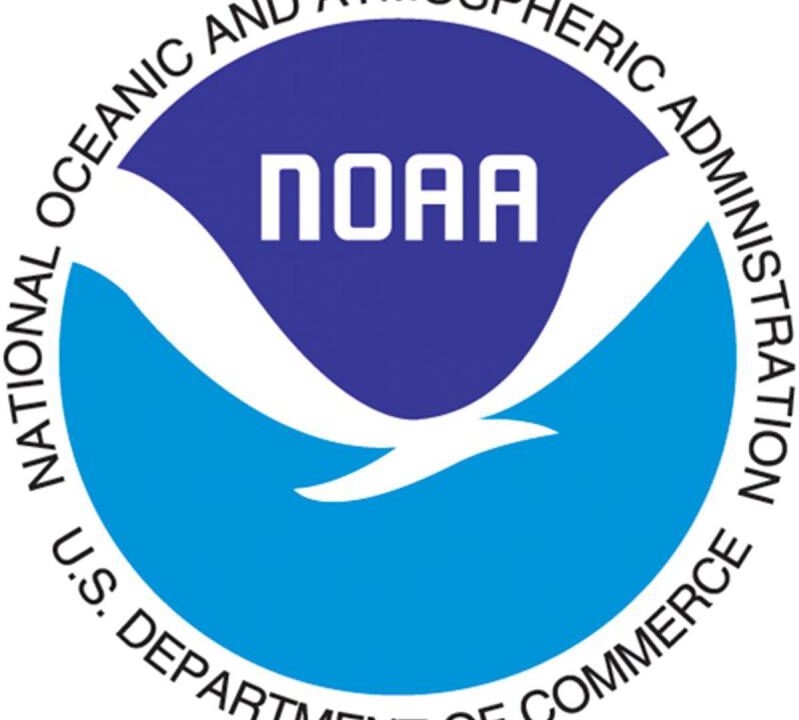
NOAA’s Data in the Classroom
Students can use ocean data to explore today’s pressing environmental issues, and create problem solving skills. Includes online and classroom Lesson Plans and Activities with user friendly data exploration tool.

Students can use ocean data to explore today’s pressing environmental issues, and create problem solving skills. Includes online and classroom Lesson Plans and Activities with user friendly data exploration tool.
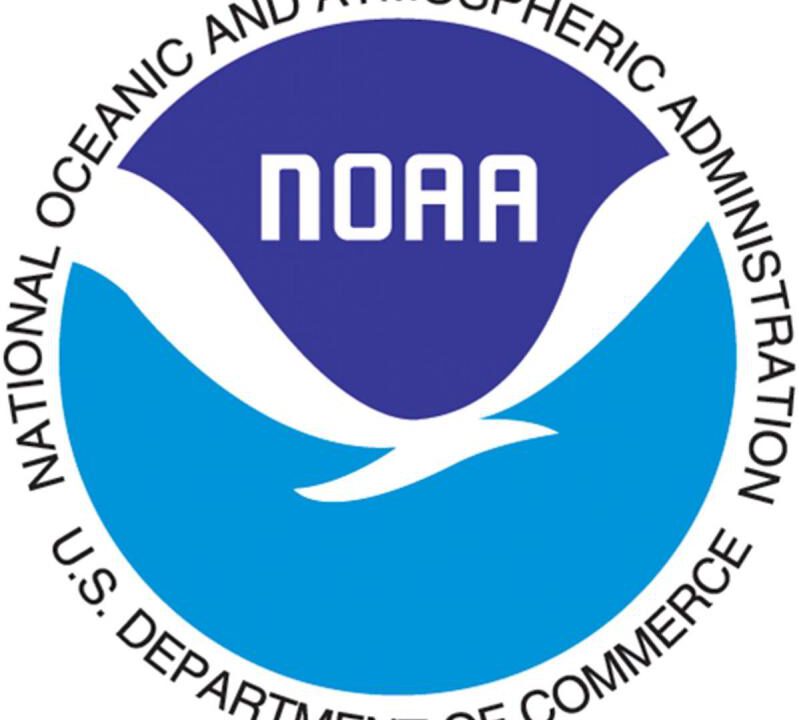
NOAA’s Data Resources for Educators. The data collection consists of ocean and atmospheric data sources that are user friendly and appropriate for classrooms and informal education settings. Includes SOL aligned
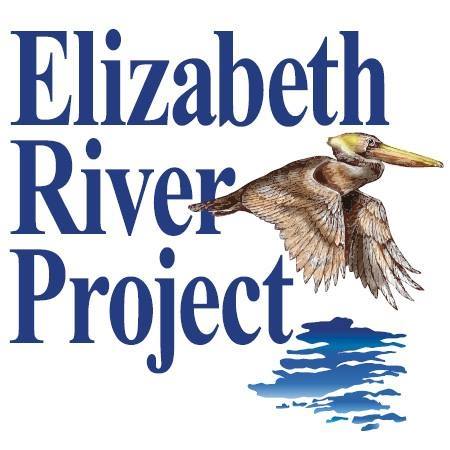
Become an Otter Spotter today! An otter spotter is you, a citizen who observes river otters in your neighborhood and community surrounding the Elizabeth River. Otter spotters collect videos, images
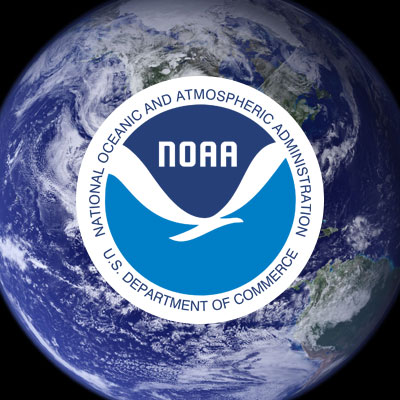
Estuary Food Pyramid Students will build an estuary food pyramid and discuss how marine food webs will be impacted by climate change through a scientific article.
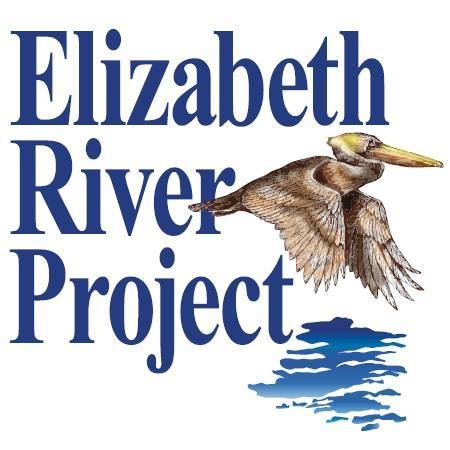
Browse our collection of publications of Watershed Action Plans, State of the River Reports, Wildlife Habitat Guides, River Star Homes Lawn Makeover Workbook, River Star Case Studies, Pollution prevention workbook,
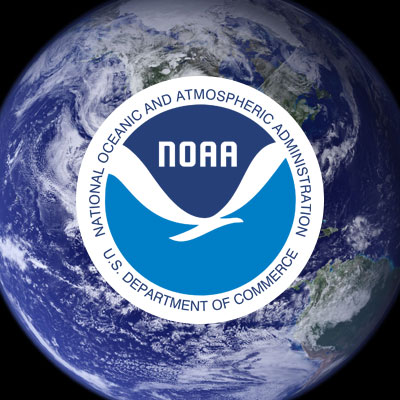
Climate Change and Tides Web-based resources to determine the impact predicted higher tides on coastal areas, devise a plan to mitigate for these tides and discuss how to apply this
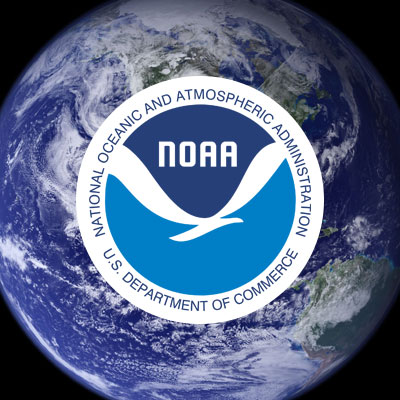
Climate Change and Currents Students learn the effect of ocean currents on climate change and determine how changes in atmosphere and ocean temperatures could change the Great Ocean Conveyor Belt.
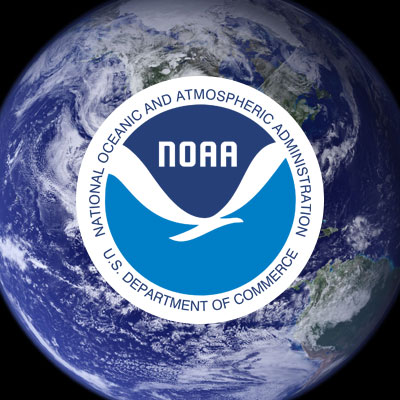
Science on a Sphere Visit your local Science on a Sphere and discover climate change, storms, ocean temperature, and more on the 6-ft. diameter animated globe.
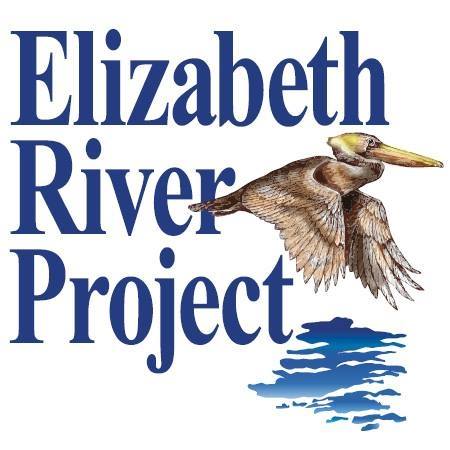
Rain Barrel benefits include capturing 14,000 gallons to water your flower beds and gardens, save money on your water bill, reduce polluted runoff into the Elizabeth River, and keep mosquitos
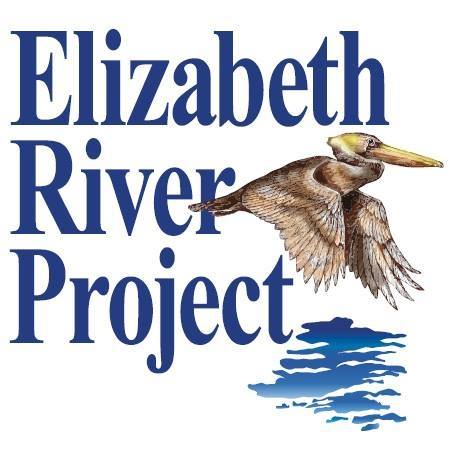
Build and plant a rain garden to help protect and restore the Elizabeth River today! Rain garden benefits include, reduce standing water after storms, reduce mosquitos, improve health of the
Thank you for your interest in the Elizabeth River Project’s Ryan Resilience Lab. We’re delighted that our site is in high demand. As the Ryan Resilience Lab is operated by a small non-profit with a big environmental mission, please help us make sure your event is a great fit.
Our priority is to host groups with relevance to our mission: to restore the Elizabeth River through equitable collaboration with diverse communities, governments, and businesses. When space and staff support are available, we are happy to host such groups free of charge, but do request that you consider an organizational membership and allow us to offer the opportunity for individual memberships.
Please fill this form out at least 30 days in advance of the event.